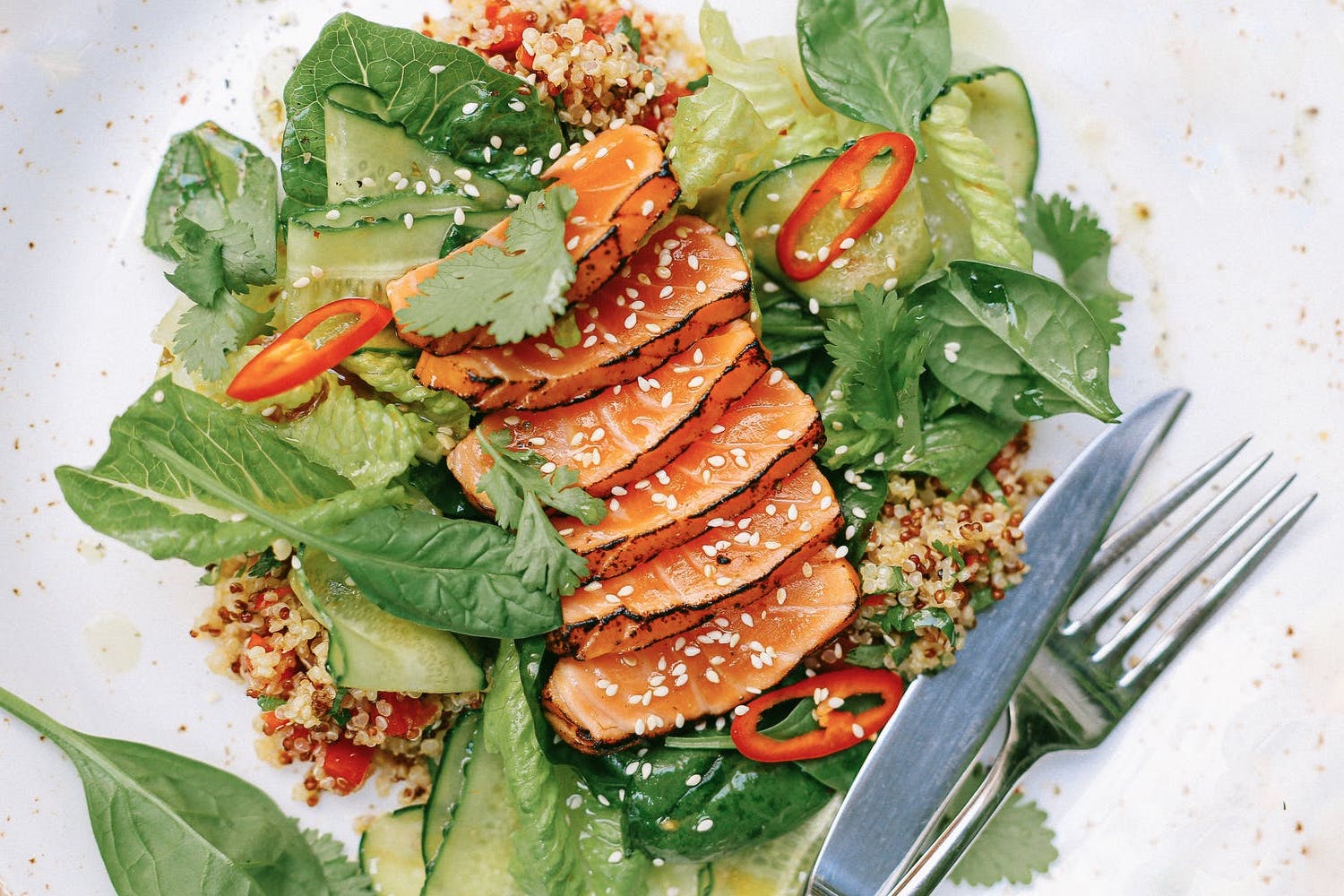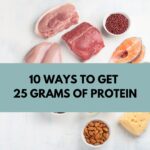
Here are some vitamins that work together to keep the immune system healthy and strong, and what their roles are:
Vitamin C may help prevent infections or shorten their stay by contributing to immune defence. Vitamin C supports various cellular functions of both the innate and adaptive immune system.
Vitamin E can also be a powerful antioxidant that helps the body fight off infection. This important vitamin — part of nearly 200 biochemical reactions in the body — is critical in how the immune system functions.
Vitamin A is It is an infection-fighter involved in the development of the immune system and plays regulatory roles in cellular immune responses and humoral immune processes.
Vitamin D is known as the sunshine vitamin. It’s one of the most important and powerful nutrients for supporting the immune system. Deficiency in vitamin D is associated with increased autoimmunity as well as increased susceptibility to infection.
Iron helps your body carry oxygen to cells. It comes in many different forms and plays a part in many of the immune system processes, including mounting an effective immune response to invading pathogens.
Selenium alone or in combination with other nutrients exerts an accelerated cellular antiviral immune response and mediates resistance to different viruses.
Zinc is needed for the production of new immune system cells.
Vitamin B6 is vital to supporting biochemical reactions in the immune system.
Supplements can plug dietary gaps, but nutrients from food are most important. The fresh food you eat is loaded with nutrients necessary for good health.
Consuming more of these foods will help make sure you are getting a wide variety of immune-boosting vitamins:
Vitamin C: citrust fruits, pinach, kale, bell peppers, brussel sprouts, strawberries, papaya
Vitamin E: high-fat plant foods such as almonds, peanuts and peanut butter, sunflower seeds, and hazelnuts.
Vitamin A: tuna, carrots, sweet potatoes, pumpkins, butternut squash, cantaloupe, and dark green leafy veggies.
Vitamin D: salmon, mackerel, tuna, sardines, and Vitamin D fortified milk, orange juice, and cereals.
Iron: red meat, chicken, turkey, oysters, clams, mussels, canned light tuna.
Selenium: seafood (halibut, tuna, and sardines), meat, poultry, and cottage cheese, brazil nuts.
Zinc: oysters, crab, lean meats and poultry, baked beans, yoghurt, and chickpeas.
Vitamin B6: chicken and cold-water fish (salmon and tuna), green vegetables, and chickpeas.
And finally… if you need vitamins STAT!
So you know that getting vitamins and nutrients from the foods you eat is key, but pills can help ensure you get the vitamins if you feel your diet alone is not enough. But have you heard of IV Vitamin drips? IV’s bypass absorption by the gut, allowing nutrients to be delivered directly to the body. They can be administered for acute and chronic conditions.
If this sounds intriguing to you, you’ll want to consult with a naturopath to figure out whether an IV vitamin drip is a good option for you, and which formula of vitamins would be most beneficial. If you’re in Victoria, we recommend checking out Hydrate Wellness Centre!
Sources: https://pubmed.ncbi.nlm.nih.gov/29099763/ https://www.researchgate.net/publication/227697170_Selenium_immune_function_and_resistance_to_viral_infections https://www.researchgate.net/publication/46580520_Iron_and_the_immune_system https://www.ncbi.nlm.nih.gov/pmc/articles/PMC3166406/ https://www.ncbi.nlm.nih.gov/pmc/articles/PMC6162863/ https://health.clevelandclinic.org/eat-these-foods-to-boost-your-immune-system/
Leave a Comment
You must be logged in to post a comment.



0 Comments